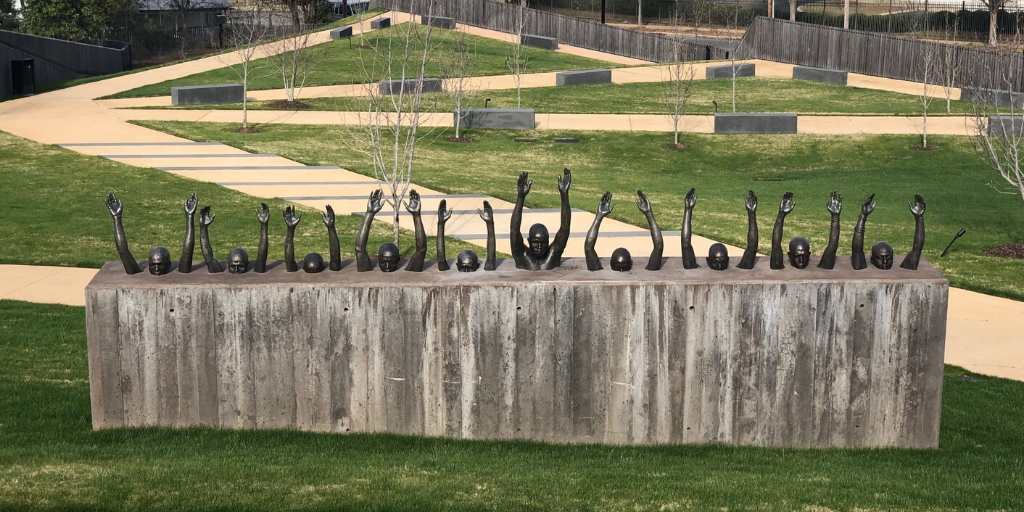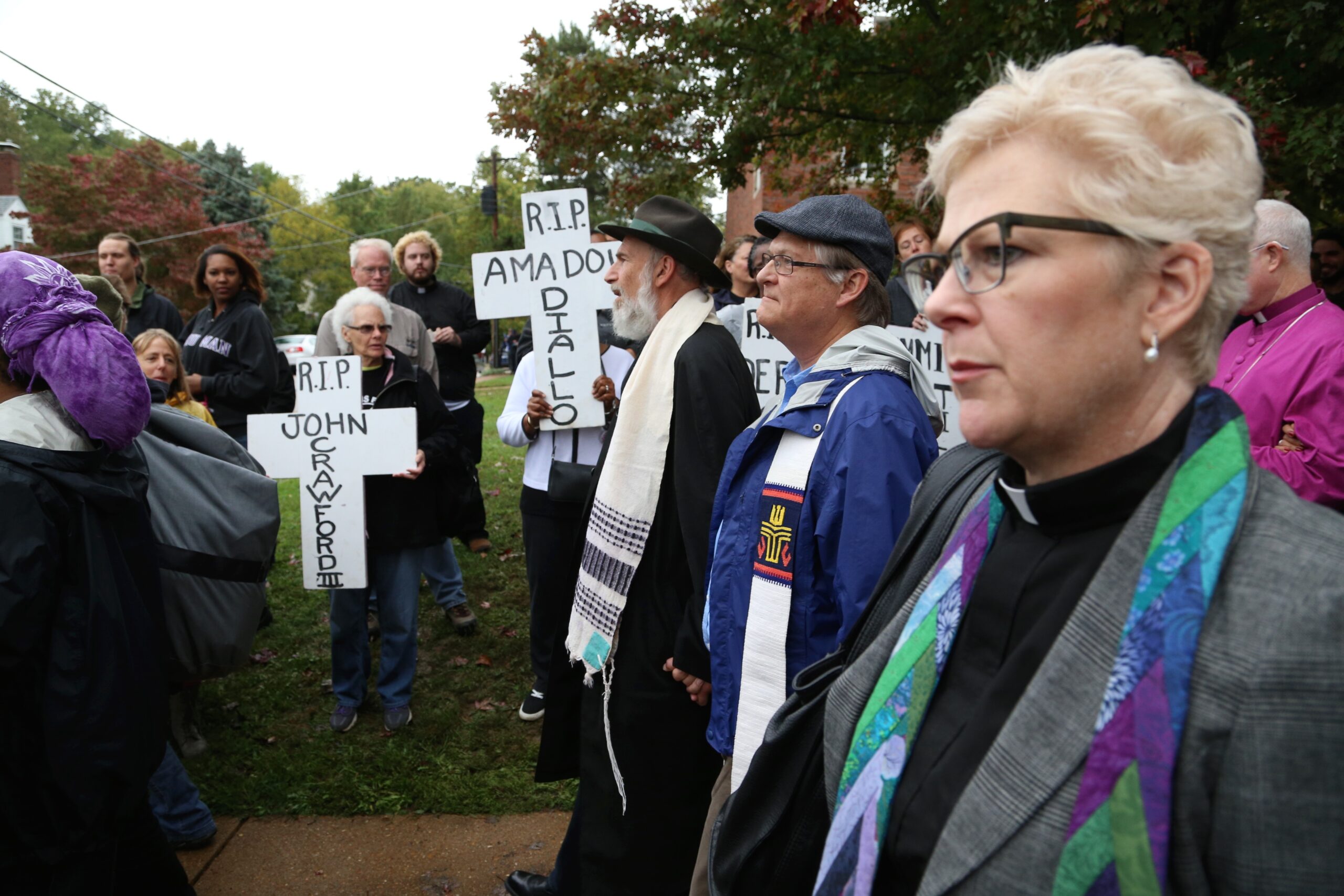Racial Justice

"When the community is immersed in suffering, a person may not say: I will go to my home and I will eat and drink, and be at peace with myself."
-Taanit 11a
Racial justice is a Jewish value, and Black lives matter. Period.
Unlike the other issues T'ruah works on, the pursuit of racial justice is not a single isolated campaign, but rather a value that permeates every single one of our campaigns.
Our statement of Commitment to Racial Justice is a manifesto intended to hold us accountable in all aspects of our work.
Some campaigns in which our commitment to racial justice is most visible are our campaigns to end mass incarceration and solitary confinement, which disproportionately target Black Americans and other people of color.
As we advocate for immigrants' rights and workers' rights, we call out the racism that brings more media attention to one group of refugees over another and which allows Americans to ignore the dangerous and degrading conditions in which workers grow the food we eat.
In our work on antisemitism, we seek to elevate the experiences of Jews of Color, who are exposed not only to the threat of antisemitism but simultaneously face racism and other forms of bigotry.
Finally, we practice what we preach. T'ruah seeks to redress racial injustice internally, through our ongoing Diversity Equity Inclusion and Justice initiative. In our hiring practices, compensation philosophy, harassment policy, and other workplace policies, we aspire to equity and just treatment of our employees.
Our work includes:
- Resources: We offer a variety of resources for the Jewish community – particularly white Jews – about how to most effectively be in solidarity with our Black and brown friends, family, and neighbors.
- Human rights delegations: We have brought two delegations of rabbis, cantors, and other Jewish communal leaders to the Equal Justice Initiative’s Legacy Museum and the National Memorial for Peace and Justice in Montgomery, Alabama. Through sophisticated training and experiential learning with T’ruah, Jewish clergy have learned about how the legacy of slavery and racialized violence continues to reverberate through every part of our society, and have gone home dedicated to taking action against racism.
- Educational programs: From 2021-23 we guided two cohorts through Synagogue Teams for Equity and Partnerships (STEP), a program that brought together New York-area synagogues with non-Jewish communities of color to build new relationships or deepen existing ones. Additionally, we have hosted Antiracism Communities of Practice for chaverim, and have offered multipart courses on the intersections of Antisemitism and Race for national groups.

Resources on Police Brutality, Protests, and the Black Lives Matter Movement
Prayers, text studies, divrei Torah, and general advice to the Jewish community, particularly white Jews, about how to be effective allies in this essential cause.
10 Rules for Engagement for White Jews Joining the #BlackLivesMatter Movement
"1. Show up. It's not too late to build relationships."

